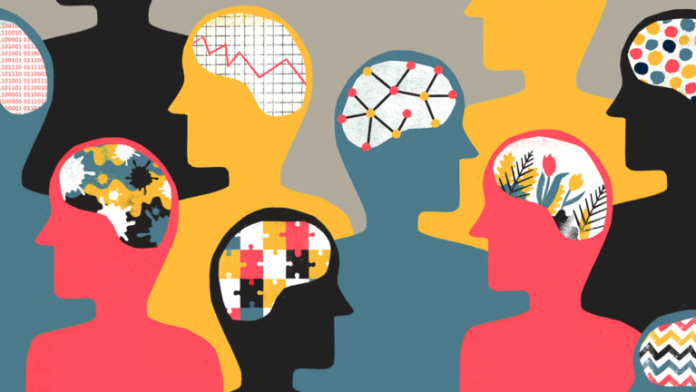BOSTON, USA – Dealing with the negative feelings and angst that come with dealing with COVID-19 can be done in a variety of ways. Many people I know who are dealing with the pandemic have noticed that the quantity of news they consume on any given day from TV, Facebook, Twitter, and other social media, as well as print media, is exactly proportional to how much they worry.
Reducing or limiting how much news you see may have a direct and good impact on your ability to deal, allowing you to cope better and recuperate from what I refer to as “COVID-19 Information Overload.”
Seven ways to improve your mental health:
- Keep your news to a minimum. Too much news can be distressing and lead to mental health problems, as well as physical problems such as heart disease or autoimmune flare-ups, melancholy, and anxiety.
- Keep in touch with your loved ones. Conversation can provide a feeling of worth. Maintain contact with others by employing social distancing methods such as the phone, Zoom, email, texting, or any other secure form of communication.
- Journaling can help you figure out if you’re falling into social isolation, negativity, or deteriorating health as a result of stress. Keeping a record of your mental, physical, and emotional well-being will help you keep on track and make any required adjustments to be optimistic.
- Exercise is important to keep your mental health and body healthy by staying active and avoiding being inactive.
- Many people find that prayer and meditation help them stay positive by reducing or eliminating worry, fear, anxiety, and despair.
- Stay occupied and imaginative, It may be useful to employ your time creatively and constructively through activities while staying at home due to isolation or quarantine.
- Make an effort to help others. When people seek out to connect with others, they frequently discover that their load is lessened.
Dealing with the negative feelings and angst that come with dealing with COVID-19 can be done in a variety of ways. Many people I know who are dealing with the pandemic have noticed that the quantity of news they consume on any given day from TV, Facebook, Twitter, and other social media, as well as print media, is exactly proportional to how much they worry.
Reducing or limiting how much news you see may have a direct and good impact on your ability to deal, allowing you to cope better and recuperate from what I refer to as “COVID-19 Information Overload.”
Source: Elite Home Fitness





